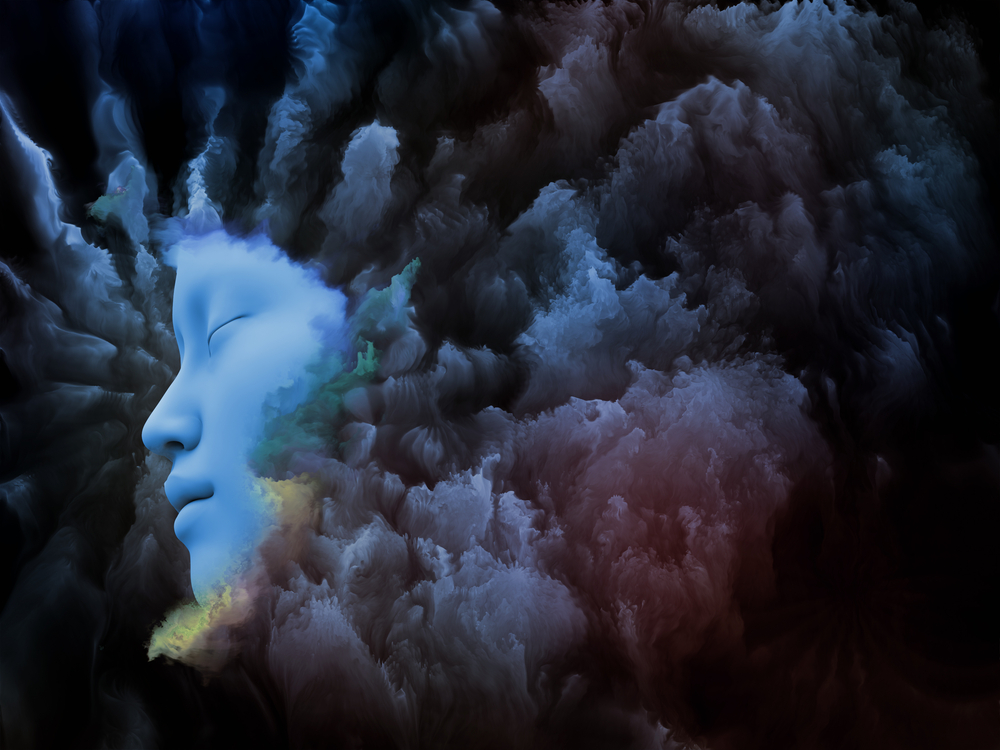


Increased body temperature, however, is known to affect our dreams in other ways though. "One reason cheese and nightmares come about is that eating later before bed is more likely to disrupt sleep, and cheese can be hard to digest," says Charlotte Gupta, a research fellow at the Central Queensland University in Australia, who recently published a review on the relationship between our diets and sleep.īut there is some research that suggests that while eating higher-energy evening meals can raise our night-time body temperature, this doesn't necessarily translate into a poorer night's sleep. One review of evidence concludes that the frequency of nightmares are partly linked to sleep disturbance, while evidence also suggests that people who have poorer quality sleep are more affected by their nightmares One study found that people who are more prone to remembering their dreams wake up more during the night, and take longer to get back to sleep. Late night eating, for example, has been linked to elevated night-time core body temperature, which in turn can disturb our sleep.Ĭrucially, if we are waking up more during the night, it could mean we are remembering our dreams more. Our body temperature fluctuates as we sleep and if that is thrown off balance it can disturb our sleep. But at night, your body doesn't want to do the work." During the day, you'll burn off those calories. "We usually have no problem with that, but if you eat too much fat or sugar late at night, you'll need to burn the calories off, which creates heat.

"To get a good night's sleep, you need to drop one degree of body temperature," says independent sleep expert Neil Stanley. Eating any food late at night could affect the quality of our sleep, and perhaps cheese often takes the blame. A recent review of 14 studies and randomised control trials conducted between 19 suggested that as part of a well-balanced diet milk and dairy could improve sleep quality.Ĭheese's reputation for inducing wild dreams could also be explained, at least in Europe, by the tradition of eating cheese with the last course of an evening meal. It also contradicts findings that cow's milk, also high in lactose, has quite the opposite reputation of helping us sleep. However, there's no evidence to back up the theory that dairy products influence dreams in the general population. And if you have certain kinds of intolerances, you still may be likely to eat those foods sometimes." "It's likely an indirect effect in that lactose produces symptoms like gas, bloating and diarrhoea and influences dreams, as dreams draw on somatic sources like this. "It's entirely possible that these effects were due to people having lactose intolerances," he says. A study that Nielson conducted in 2015 found that only 17% of people said their dreams seemed to be influenced by what they ate, but he says dairy products were the foods most frequently reported as causing disturbing dreams. "Just knowing that cheese affects nightmares could induce dreams, because people are suggestible," he says.Īnother indirect explanation is cheese's high lactose content. But just the prevalence of this rumour could be enough to make it true, says Tore Nielson, professor of psychiatry at the University of Montreal and director of its dream and nightmare laboratory. There's no robust evidence that cheese causes nightmares – or, in fact, much that proves the theory wrong, either. The study wasn't exactly scientifically robust or published in a peer-reviewed journal, but the findings helped to perpetuate the belief that cheese can affect the content of our dreams. More recently, the now-defunct British Cheese Board, who funded a study in 2005 and concluded that eating blue cheese causes vivid dreams, while cheddar makes people dream about celebrities. As far back as 1964, a researcher noted that a patient stopped having nightmares when he dropped his habit of eating one or two ounces of cheddar cheese every evening. We also know it is packed with saturated fat and eating too much can be bad for us.īut according to some claims, cheese has an even more surprising darker side – it can affect our brains as we sleep.Įating cheese late at night, the rumour goes, will give you strange dreams. Tasting cheese and pairing it with wines, chutneys and biscuits has been turned into an art form. It often ranks among people's favourite foods – there are entire festivals dedicated to cheese, where it is eaten or even rolled down hills. Our relationship with cheese is a strange one.


 0 kommentar(er)
0 kommentar(er)
